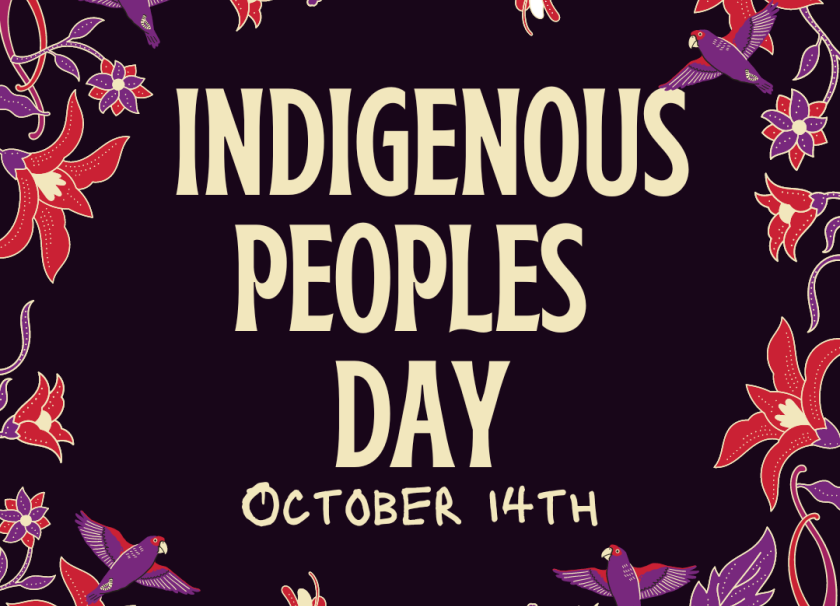
Indigenous Peoples’ Day: Honoring Native Heritage
Indigenous Peoples' Day is a holiday that celebrates and honors Native American peoples and commemorates their histories and cultures. It's observed on the second Monday in October, coinciding with the federal holiday of Columbus Day in the United States.
The idea for Indigenous Peoples' Day was born in 1977 at a United Nations conference on discrimination against indigenous populations in the Americas. It was first adopted as a holiday in Berkeley, California in 1992, on the 500th anniversary of Columbus' arrival in the Americas.
Many Native Americans and allies have long criticized the celebration of Columbus Day, arguing that it glorifies an exploitative and violent history of colonization. Indigenous Peoples' Day offers a way to reframe the narrative, focusing instead on the rich cultures and contributions of Native peoples.
The holiday encourages reflection on the complex history of the Americas and promotes recognition of indigenous peoples' resilience, wisdom, and ongoing contributions to our shared communities. It's a day for education, celebration, and advocacy for indigenous rights and cultural preservation.
In recent years, a growing number of cities, states, and institutions have chosen to recognize Indigenous Peoples' Day. This shift represents a broader movement towards acknowledging historical injustices and fostering respect for Native American perspectives and experiences.
Indigenous Tribes in the Ashland, Oregon Area
Our area has a rich indigenous history. The primary Native American groups who have traditionally inhabited this region include:
- The Takelma: Also known as the Dagelma, they were the primary inhabitants of the Rogue Valley. The Takelma people lived along the Rogue River and its tributaries, with a culture deeply connected to the local ecology.
- The Shasta: While primarily associated with northern California, the Shasta peoples' territory extended into southern Oregon, including parts of the Rogue Valley.
- The Latgawa: A subgroup of the Takelma, the Latgawa lived in the uplands of the Rogue Valley and along the Upper Rogue River.
- The Cow Creek Band of Umpqua Tribe: While primarily associated with areas north of Ashland, their ancestral territory extended into parts of the Rogue Valley.
Today, many descendants of these tribes are part of the Confederated Tribes of Siletz Indians and the Confederated Tribes of Grand Ronde, which include multiple bands and tribes from western Oregon.
As we observe Indigenous Peoples' Day, we're invited to learn more about these original inhabitants of the lands we now call home and to consider how we can contribute to a more inclusive and equitable society. It's an opportunity to acknowledge the ongoing presence and contributions of Native peoples in our community and to honor their enduring connection to this land.
More Co-op News

Bicycle Benefits
Here at the Co-op we are on a mission to promote healthy lifestyles and sustainable practices within our community.
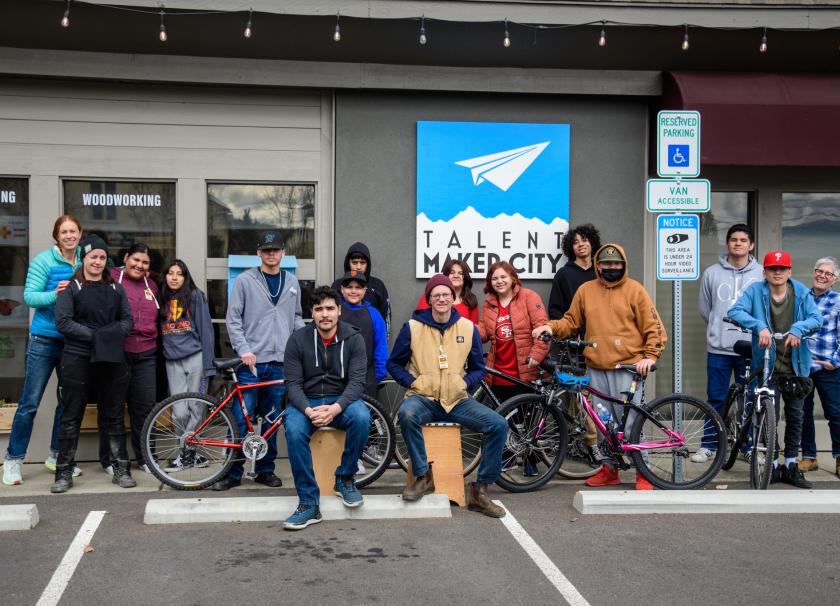
May 2023 Change for Good Partner: Talent Maker City
Talent Maker City's mission is to build a more connected, prosperous, and resilient community through hands-on creativity and innovative STEAM-based learning. (STEAM = Science, Technology, Engineering, Art, & Math.) They have a bustling Makerspace facility, brimming with creative energy in downtown Talent offering hands-on STEAM-based workshops and programming for curious minds of all ages!
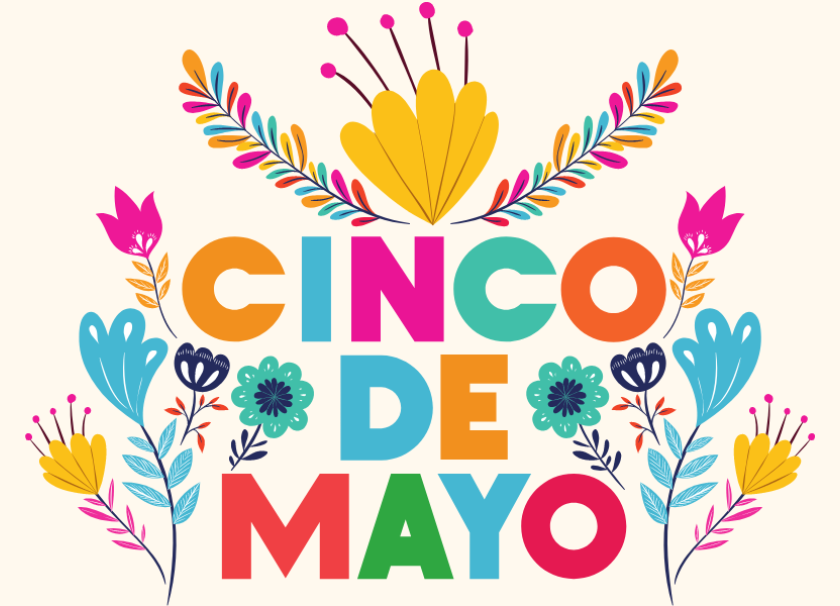
Celebrating Cinco de Mayo
We're always learning and growing here at the Co-op and with the approach of Cinco de Mayo we thought we would share a (very) brief history lesson and some thoughts on celebrating this holiday here in the United States.
April 2023 Change for Good Partner: Pollinator Project Rogue Valley
From Kristina Lefever, Pollinator Project Rogue Valley President
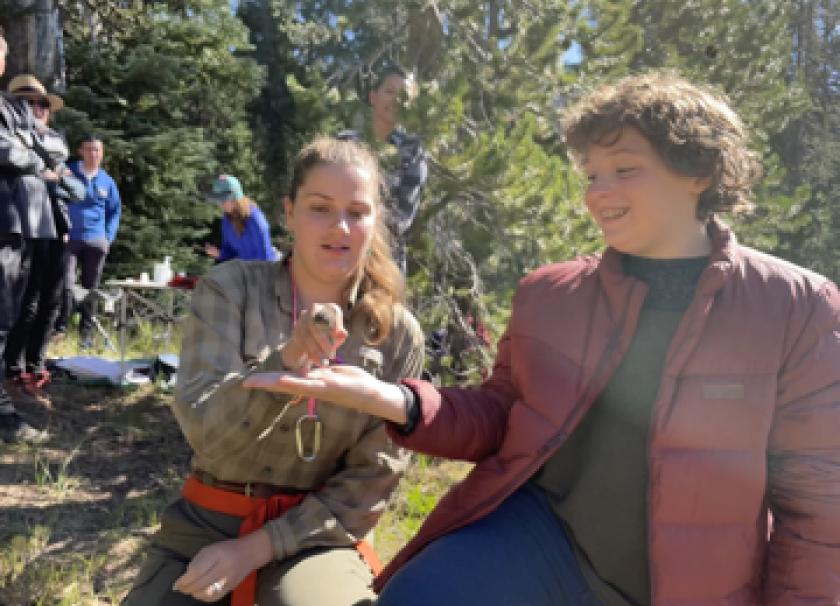
March 2023 Change for Good: Klamath Bird Observatory
From Klamath Bird Observatory, March 2023's Change for Good partner:
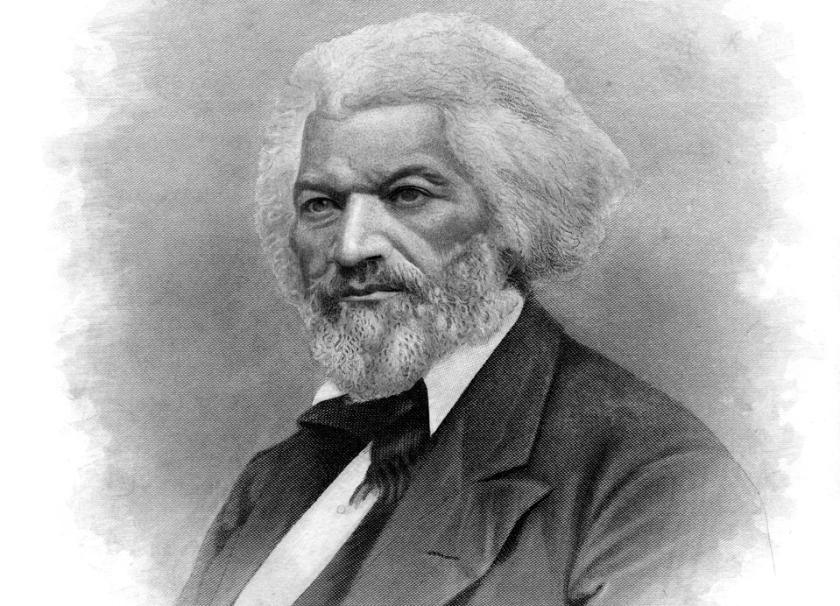
Frederick Douglass And Co-ops in 1846
When Douglass Came to Rochdale, England a Slave and Left a Free Man
By David J Thompson
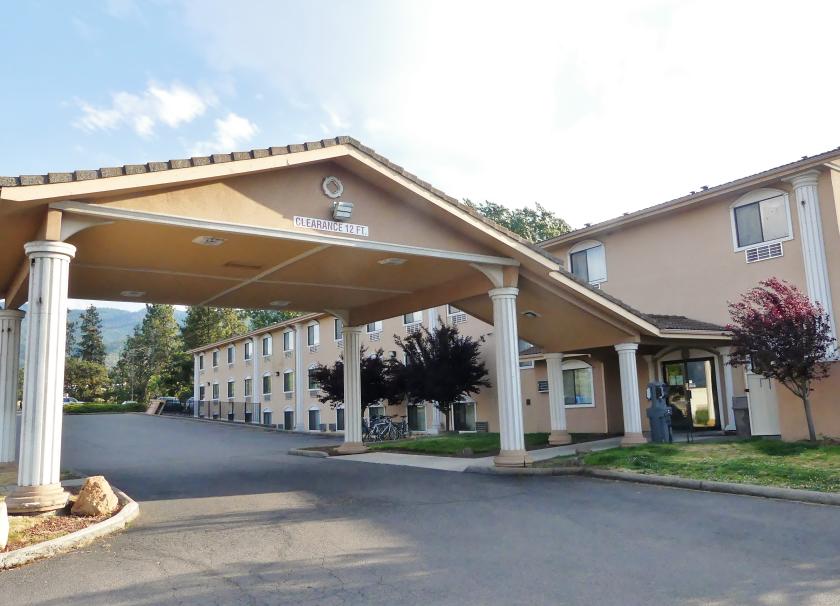
February's Change for Good partner: OHRA

OHRA helps low-income people build better lives through access to social service resources. By helping
people move from crisis to stability, OHRA builds more capable individuals, stronger families, and a
better community. We have three core programs:
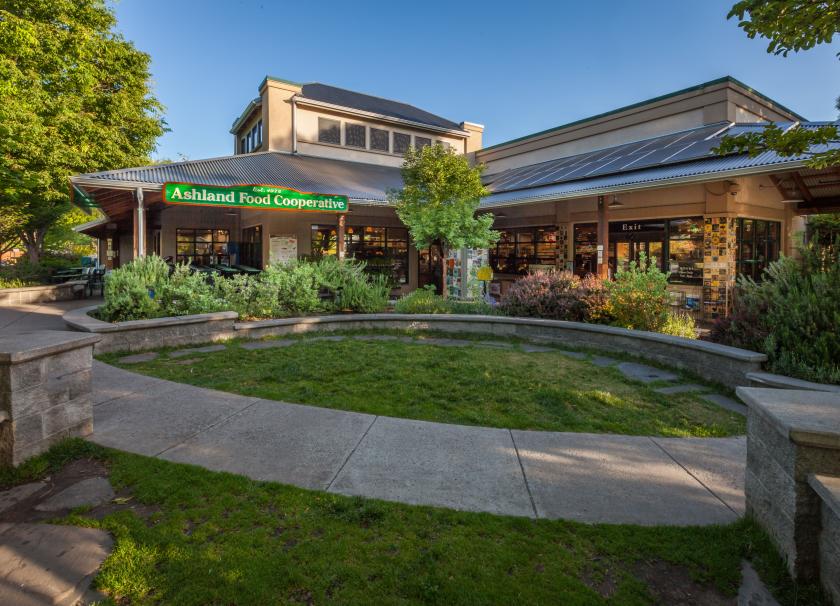
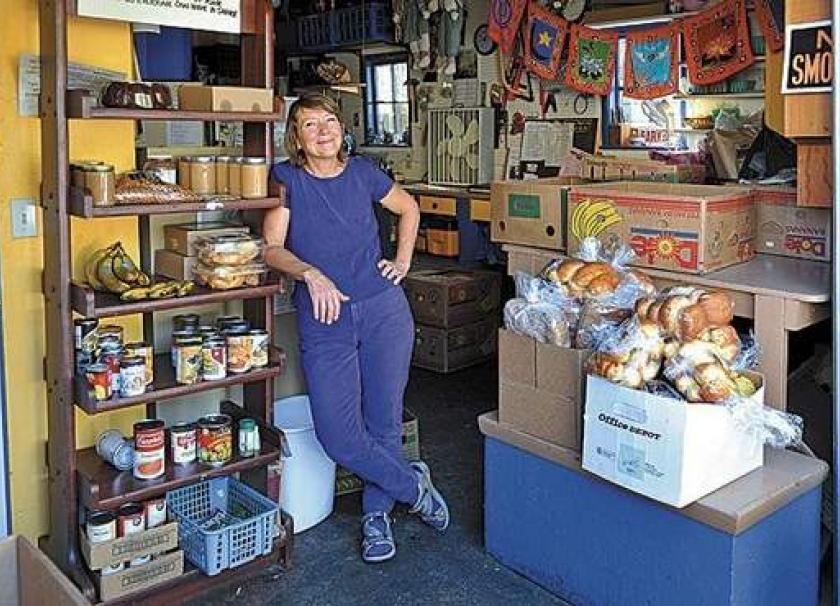
January Change for Good Partner: Ashland Food Angels

December Change for Good Partner: Rogue Action Center
December's Change for Good Partner is
Rogue Action Center
%20(1).png)
The Rogue Action Center (RAC) builds organizing infrastructure, leaders, and community power for a just, inclusive, and sustainable Southern Oregon for everyone.

November Change for Good Partner: Vesper Meadow Education Program

October Change for Good Partner: AFC Gives Community Fund
October's Change for Good Partner is
AFC Gives Community Fund
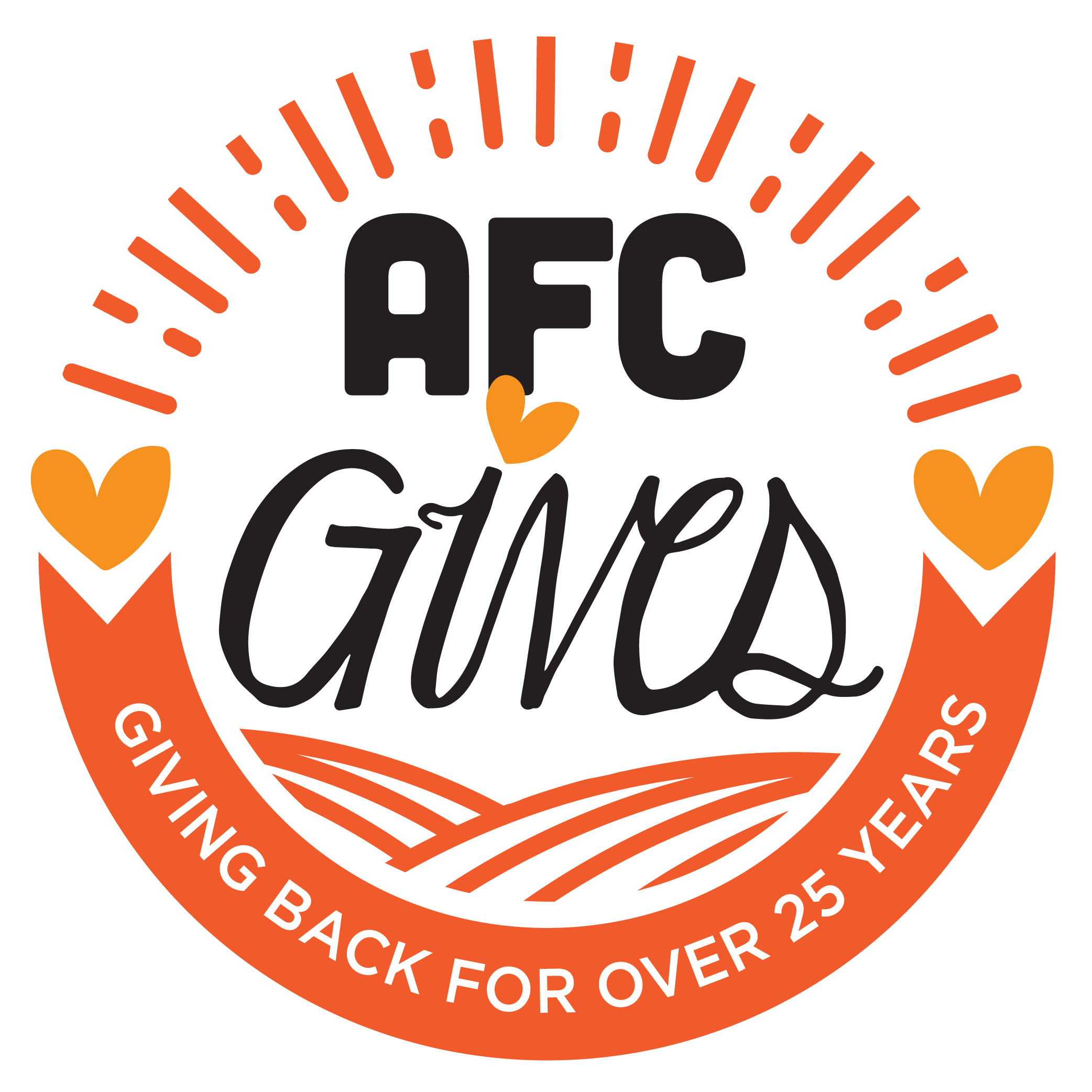

September Change for Good Partner: Truth to Power
September's Change for Good Partner is
Truth to Power
.png)
Truth to Power cultivates teen activism and community participation through social justice podcasts and transformative projects.




.png)
